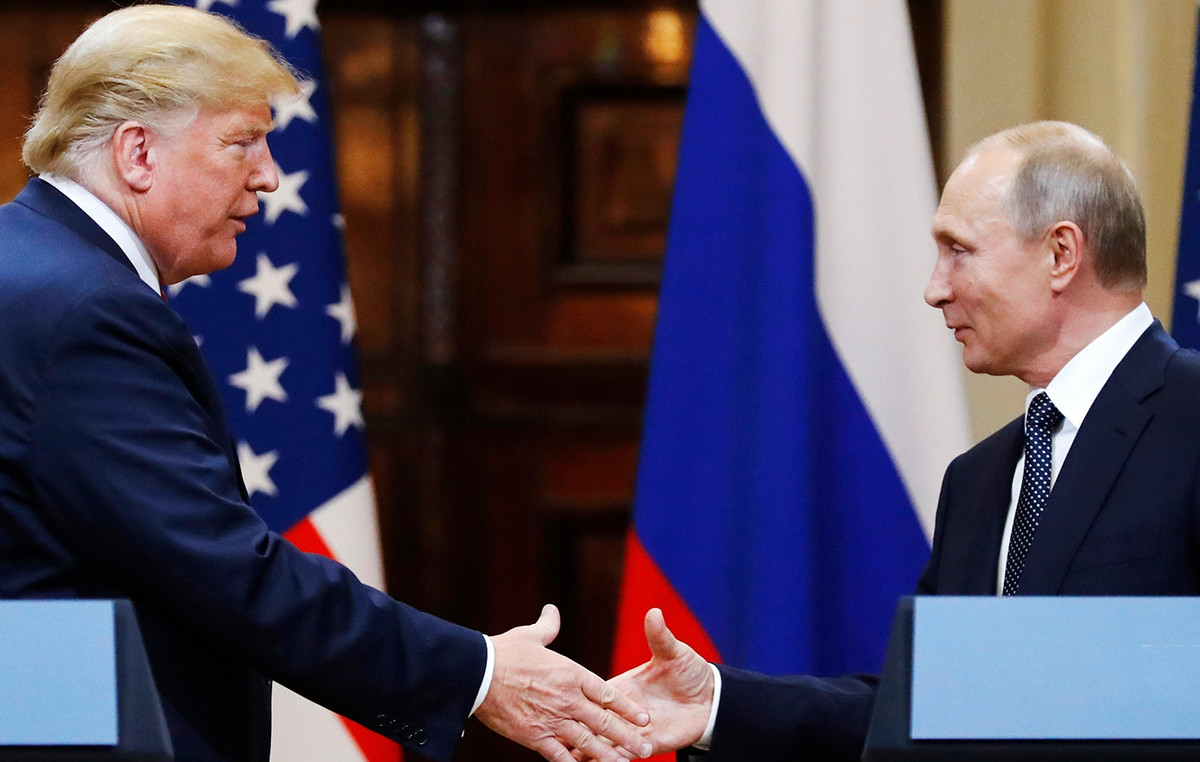By Paul Iddon
Greek Prime Minister Kyriakos Mitsotakis visited the White House and Congress in mid-May to advance Greece’s arguments in favor of acquiring 5th-generation F-35 Lightning II stealth aircraft, while urging the US government not to sell additional F-35s. 16 in Turkey that will strengthen its air fleet. If Ankara does not get the modernized fighters, then the Greek Air Force could be technologically superior to the Turkish one by the end of the decade.
“We will begin the process of acquiring a range of F-35 aircraft. And we hope to be able to add this fantastic aircraft to the Hellenic Air Force before the end of this decade,” Mitsotakis told the White House.
The next day, May 17, in his speech to the Congress, Mr. Mitsotakis “The last thing NATO needs at a time when our focus is on helping to defeat Russian aggression is another source of instability in its southeastern wing,” he said, referring to the F-16 deal with Turkey. “I urge you to take this into account when deciding on the supply of military equipment to the eastern Mediterranean.”
Turkish President Tayyip Erdogan reacted angrily. “We had agreed (with K. Mitsotakis) not to include third countries in our dispute,” Erdogan said on May 23rd. “Nevertheless, last week, he paid a visit to the United States and spoke to Congress, warning them not to give us F-16s.”
“[Ο Κ. Μητσοτάκης] he no longer exists for me, “he added.” I will never agree to meet him. We will continue our path with honest politicians “.
Erdogan’s outburst was no surprise. Since 2019, when Turkey was expelled from the F-35 program and banned from purchasing any such aircraft due to the purchase of Russian S-400 missile systems, the future of its air force is uncertain. The F-16s have been the backbone of the Turkish Air Force for years, but now they are getting older, while the Block 30s are already obsolete.
Turkey knows this. In October 2021, it asked to buy 40 brand new Block 70/72 F-16s, the latest and most advanced model, along with 80 upgrade kits for its existing aircraft, with the deal costing about $ 6 billion. The closing of this deal is necessary for Turkey, in order to maintain its F-16 operational battle for this decade, until it gradually begins to replace them.
If the Greek prime minister’s attempt to persuade Washington not to proceed with this deal is successful, then Turkey will be left with an F-16 fleet desperately inferior – until the end of the decade – compared to the advanced fighter jets available to the Athena.
Greece has already received approval for the upgrade of 84 F-16 aircraft to Block 72 Viper. The first upgraded F-16 of the Hellenic Air Force made its maiden flight in January 2021. Lockheed Martin expects that the upgrade program will be completed by June 30, 2027, which will equip Athens with “the most advanced F-16 in Europe”.
At the same time, France is upgrading its Mirage 2000 fleet in Greece and Athens is supplying 24 Rafale 4th and 5th generation F3Rs, which are technologically superior to any type of aircraft in the Turkish arsenal. Greece received the first six Rafale in January. Adding an F-35 squadron (18 to 24 aircraft, that is) to this impressive fleet by the end of the decade could drastically change the balance of power in the ethers over the Aegean.
As early as 2018, Congress had secretly blocked arms sales to Turkey because of the S-400s and because of further disagreements with Erdogan’s policy. However, US President Joe Biden had said he would support Turkey’s request to buy the F-16. In May, the White House formally requested congressional approval for the sale of the AIM-120 AMRAAM and AIM-9 Sidewinder air-to-air missiles to equip Turkish F-16s. This smaller – in financial terms – deal (about $ 300 million) ran separately from Turkey’s request to buy new F-16s and upgrade older ones. However, its approval by Congress could pave the way for the big deal and other Turkish demands in the future.
While Ankara has shown goodwill towards Washington since the Russian invasion of Ukraine, Erdogan’s recent objections to Finland and Sweden joining NATO – combined with threats to launch new military operations against the U.S. ) Kurdish forces in northern Syria – could lead to the wreckage of the intended agreements. Any attempt to “bargain” on the part of Erdogan – for example, to exchange his “yes” to Helsinki, Stockholm joining the North Atlantic Alliance with F-16s or the green light for a military operation against the Kurds in Syria – could boomerang on the Turkish side and consolidate in Washington the view that Turkey is an unreliable ally as long as Erdogan is “at the helm.”
Even if Turkey says “yes” to the F-16 deal, it will probably need the second half of this decade to receive all the new aircraft and fully upgrade its 80 fighter jets. Until then, the 120 Turkish F-16s, the best in the arsenal of the Turkish Air Force, will face the 84 equal F-16s of Greece, which will be accompanied by 24 Rafale and possibly another 24 F-fighters. 35.
In this scenario, Greece will have 134 fighters that will give it quantitative and qualitative superiority over the 120 aircraft of Turkey. And this will be the best possible scenario for Ankara.
Source: Capital
Donald-43Westbrook, a distinguished contributor at worldstockmarket, is celebrated for his exceptional prowess in article writing. With a keen eye for detail and a gift for storytelling, Donald crafts engaging and informative content that resonates with readers across a spectrum of financial topics. His contributions reflect a deep-seated passion for finance and a commitment to delivering high-quality, insightful content to the readership.







